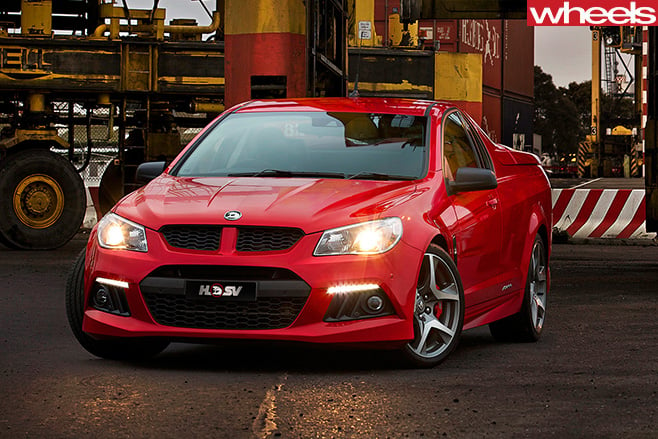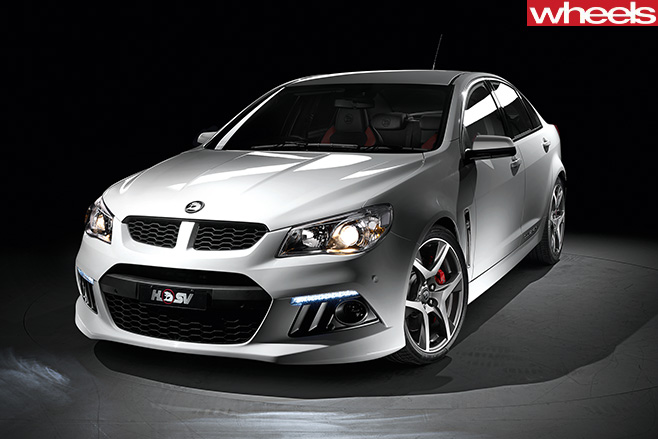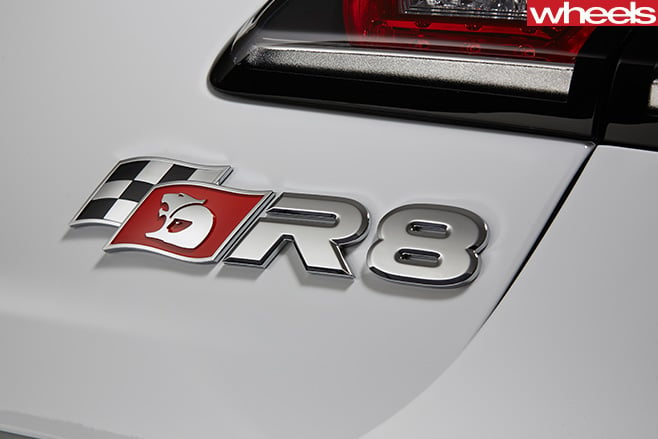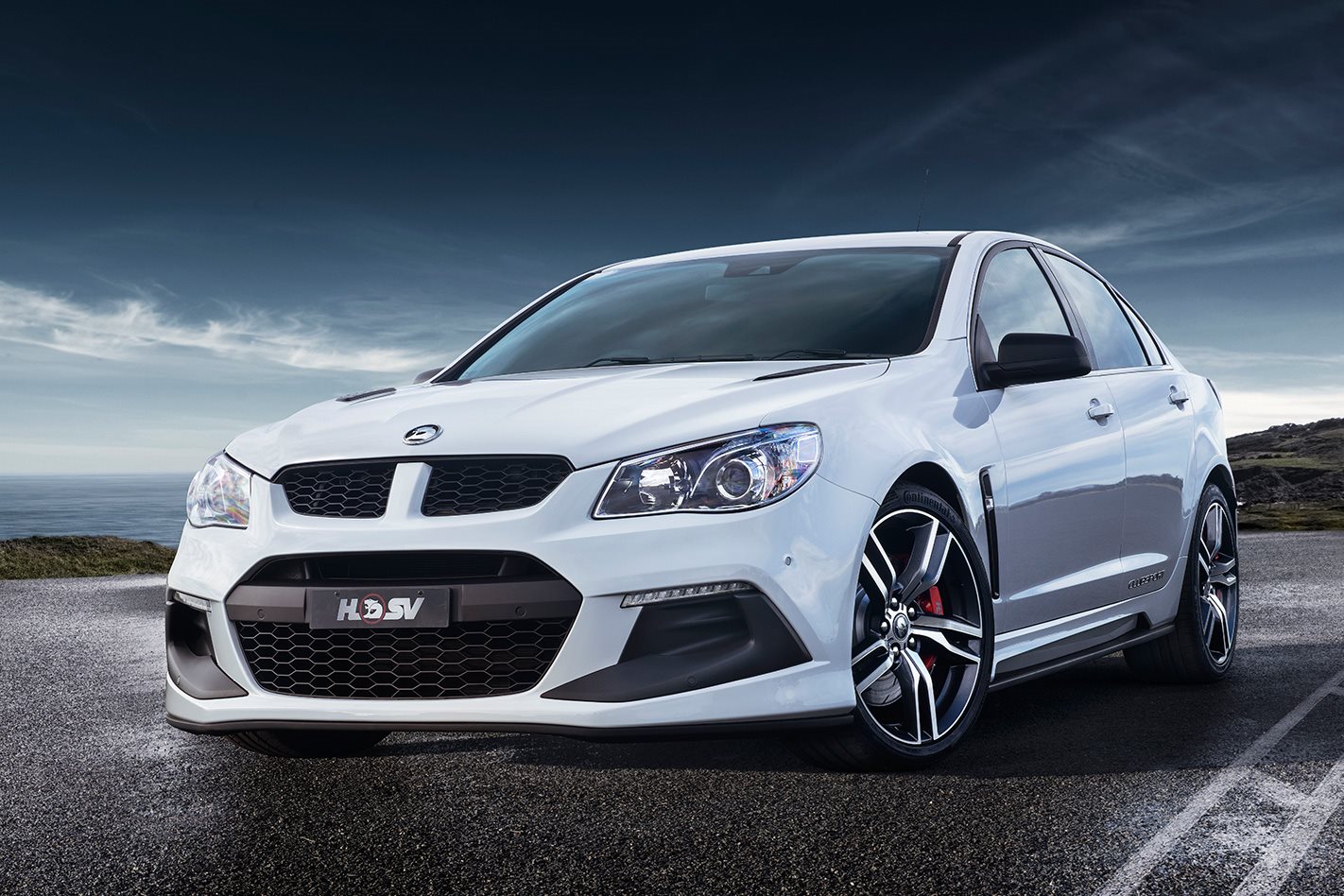Motorsport reshuffle won’t affect road car relationship.
Holden has reaffirmed its commitment to the HSV brand – and to continuing its partnership with the Walkinshaw Automotive Group that currently produces a range of V8-powered HSV cars at its Clayton factory in south-east Melbourne.
The comments come following the shock announcement that Holden would sever its 26-year relationship with Walkinshaw to run the Holden Racing Team, with rival team Triple 8 being awarded that honour and becoming the sole Holden factory-backed race team in the premiere Supercars category.
“There’s no impact with HSV; we continue to have a strong partnership and we’ll continue to work very closely with them on road car programs,” said Holden’s director of communications, Sean Poppitt.

But he said HSV road cars would remain a key focus of the business, which also now converts Ram trucks from left- to right-hand drive.
“While our official motorsport partnership may have ended, our relationship with Holden remains strong and we continue to work closely on future road vehicle initiatives in line with our HSV business,” said Walkinshaw in a statement released this afternoon.
“With change comes opportunity, and we are as committed as ever to deliver on the track. We also look forward to working with our other partners to redefine how we add value to their businesses in the future, as we obviously now have a real opportunity to innovate our commercial programs.”

Since its first vehicle in 1988 – the VL Group A SS, better known simply as the Walkinshaw, after company founder, the late Tom Walkinshaw – HSV has relied almost entirely on locally-produced Commodores as the basis for its cars. Most of those cars have had V8 engines.
Rumours surrounding future HSVs include modifying the imported Commodore that arrives in 2018, producing a performance version of the Holden Colorado ute, and even hot-shot versions of the Astra small car, a new version of which arrives in Australia late in 2016.
However, it’s unclear how HSV will make the performance modifications it is known for when the engineering home room and manufacturing facilities are so far away from the Australian headquarters of a brand that has earned an enormous following in less than three decades.

Other options for future HSVs include simply marketing vehicles produced elsewhere in the GM world under the HSV brand.
HSV was formed in 1987 following the breakdown of the relationship between the brand and its then star driver Peter Brock. The end of that relationship also saw Holden sever ties with the HDT cars that had a strong following.
Holden called for submissions of interest in running the HSV business and building it into a performance car brand, a tender that was awarded to Walkinshaw, which later took on the race car operations.





